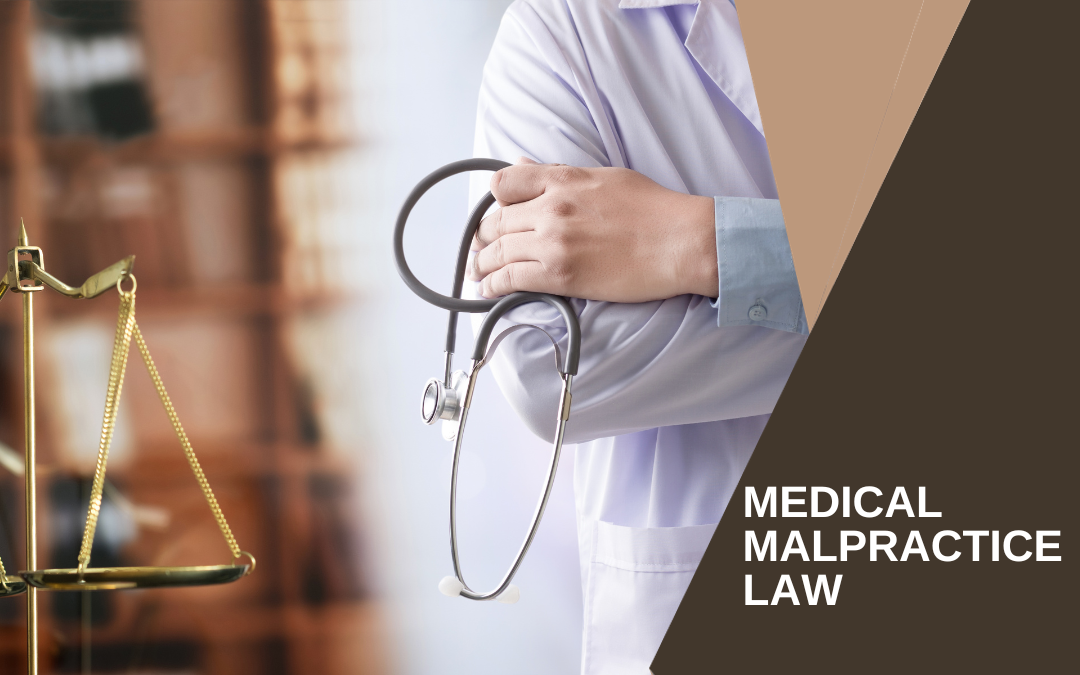
Frequently Asked Questions (FAQs) About Medical Malpractice
What is Medical Malpractice?
How do I know if I have a Medical Malpractice Case?
Determining if you have a viable malpractice case is complex and requires professional legal evaluation. However, some red flags may suggest potential issues, such as:
- Misdiagnosis or delayed diagnosis leading to worsened conditions
- Surgical errors or complications
- Medication errors or adverse reactions
- Failure to obtain informed consent before procedures
- Ignoring or dismissing patient concerns or symptoms
- Unexplained injuries or complications during treatment
Who can be held liable for Medical Malpractice?
Multiple healthcare professionals can be liable for malpractice, depending on the circumstances. These may include:
- Physicians and surgeons
- Nurses and other medical staff
- Hospitals and medical facilities
- Pharmaceutical companies (for defective medical products)
What are the different types of Medical Malpractice Cases?
Several types of malpractice cases exist, each with its own legal complexities:
- Misdiagnosis and delayed diagnosis: Failure to diagnose or delaying a diagnosis can lead to worsened outcomes.
- Surgical errors: Mistakes during surgery can cause serious complications and permanent injuries.
- Medication errors: Incorrect prescriptions, dosages, or administration of medications can have harmful consequences.
- Birth injuries: Negligence during childbirth can harm both mother and baby.
- Anesthesia errors: Improper administration of anesthesia can lead to various complications, including death.
What evidence do I need for a Medical Malpractice Case?
Building a strong malpractice case requires substantial evidence, including:
- Medical records: These document the patient’s medical history, diagnosis, treatment, and any adverse events.
- Expert witness testimony: Medical professionals can testify to the standard of care and whether it was breached.
- Witness statements: Anyone who witnessed the alleged malpractice can provide valuable testimony.
- Imaging scans and test results: These can support the claim of injury or harm.
How long do I have to file a Medical Malpractice lawsuit?
Each state has a statute of limitations for filing malpractice lawsuits, usually ranging between two and six years from the date of the alleged negligence. Delaying beyond this timeframe can jeopardize your legal rights
What damages can I recover in a Medical Malpractice Case?
Recoverable damages in a malpractice case may include:
- Economic damages: Medical expenses, lost wages, future healthcare costs
- Non-economic damages: Pain and suffering, emotional distress, loss of enjoyment of life
- Punitive damages: In rare cases, to punish the healthcare provider for intentional or reckless misconduct
How much does it cost to hire a Medical Malpractice Lawyer?
Many malpractice attorneys work on a contingency fee basis, meaning they receive payment as a percentage of the recovered damages if the case is successful. This minimizes upfront costs for the patient.
What are the risks of pursuing a Medical Malpractice Lawsuit?
The legal process can be lengthy and stressful, and there is no guarantee of success. However, a skilled malpractice lawyer can guide you through the complexities and maximize your chances of obtaining fair compensation.
Should I settle my Medical Malpractice Case out of court?
Settlement can be a faster and less expensive way to resolve a case. However, it is crucial to carefully evaluate the settlement offer with your lawyer to ensure it adequately compensates you for your damages.
These FAQs are for general informational purposes only and are not legal advice. Contact us today to discuss your specific situation.
